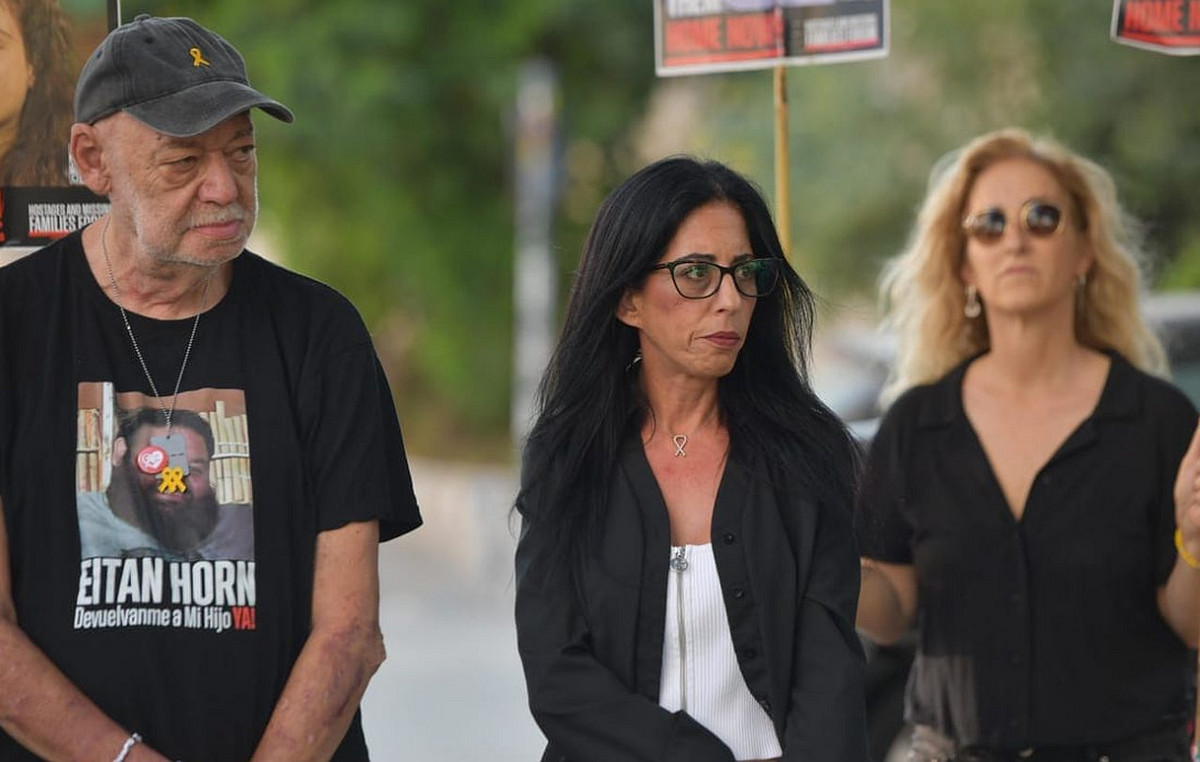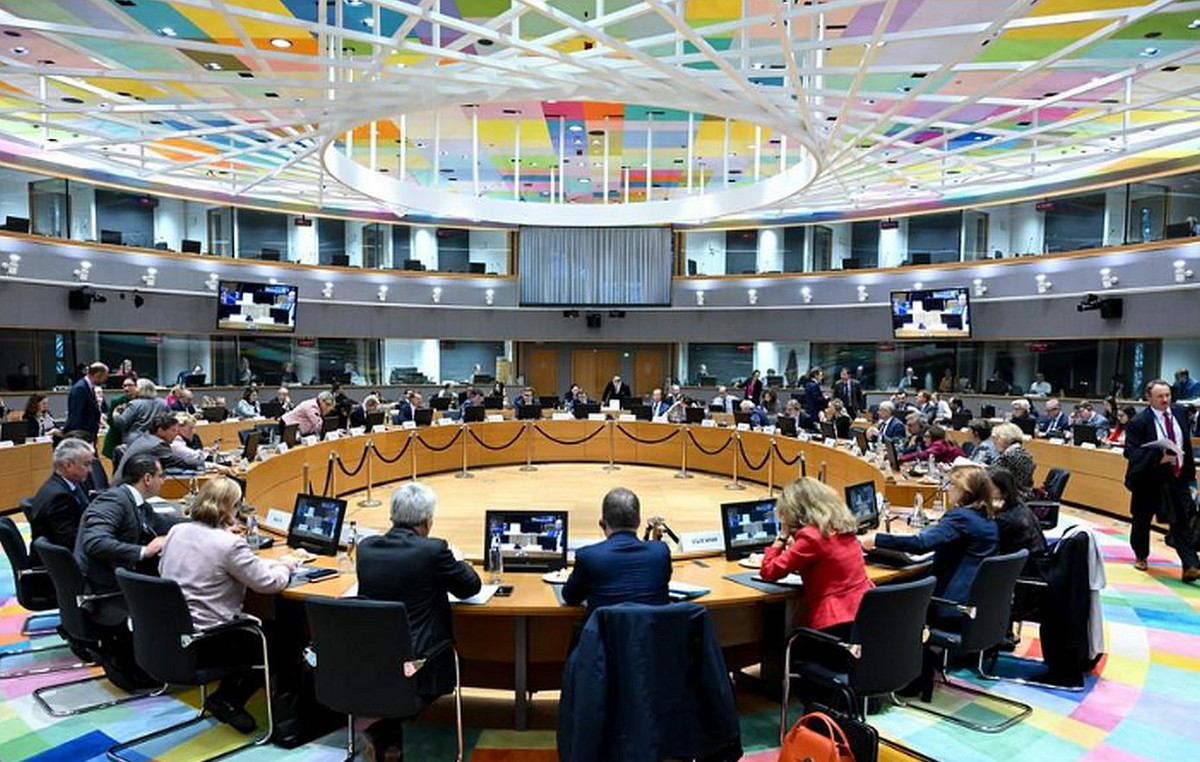The guidelines for a safe resumption of cultural and creative activities across the EU were presented by the Commission as Member States move towards a gradual opening up of the cultural sector.
Its vice president Commission Margaritis Schoinas stressed that “culture is in the DNA of EuropeClarifying that it “helped people deal with the effects of lockdown and social distance.”
The Commission directives aim to provide a coordinated approach according to specific national, regional and local circumstances. They are expected to guide the design and implementation of measures and protocols in EU countries to cover both safe opening and sustainable recovery in the cultural and creative fields.
«It is now our turn to accompany the sectors on the road to reopen. “We need coordinated and individualized efforts across the EU to enable the world of culture to continue its activities safely and gradually and to be better prepared for future crises.” Margaritis Schoinas as broadcast by the Athenian News Agency.
“The cultural and creative sectors are strong European strengths and are important for Europe ‘s sustainable recovery, the increased resilience of European society and our European way of life in general,” he said.
Commissioner for Innovation, Research, Culture, Education and Youth Maria Gabriel said: “The cultural and creative industries and sectors have paid a heavy price since the beginning of the coronavirus. At the same time, the crisis stressed their importance for our society and economy. “
“With increased intake vaccines, restrictions are gradually being lifted, including in the field of culture. The aim of these guidelines is to facilitate the coordination of Member States’ measures at EU level, “he added.

The EU guidelines are based on the expertise of the European Center for Disease Prevention and Control (ECDC) and exchanges with the Committee on Health and Safety. They also take into account the different epidemiological situations in the Member States and their evolution. They provide indicators and criteria (such as viral circulation, vaccination coverage, use of protective measures, use of tests and detection of contacts), which must be taken into account when planning the resumption of certain activities.
More specifically, the directives propose the following measures and protocols:
The removal of all restrictions must be strategic and gradual, with a limited number of participants at the outset to assess the epidemiological situation.
- Cultural institutions should have a preparedness plan outlining action protocols when COVID-19 cases are identified.
Targeted information and / or ad-hoc training should be made available to all staff in cultural institutions to minimize the risk of infection.
THE vaccination people working in cultural environments should be promoted to ensure their protection and that of the public.

Participants may be required to provide evidence of a negative COVID-19 test and / or COVID-19 vaccination and / or diagnosis in order to be admitted to the site. Depending on the local distribution of variants, this requirement may be extended to fully vaccinated individuals.
- Institutions should ensure that public contact information is available when necessary to locate contacts.
The facility must implement targeted safeguards: maintain social distance whenever possible, clean and accessible hand washing facilities, adequate ventilation and frequent surface cleaning. The use of masks by the participants is an important complementary measure.
A series of actions to ensure the sustainable recovery of the whole sector should accompany the opening of cultural spaces. Actions at EU level complement those undertaken by Member States and sectors.
Member States are called upon to take full advantage of the potential for recovery and resilience to invest widely in sectors and increase their ability to adapt to new trends and emerge from the crisis.
The Commission has significantly increased its financial support for the cultural and creative sectors, with almost € 2.5 billion from Creative Europe, and almost € 2 billion from the Horizon Europe program dedicated to cultural, creative and inclusive projects from 2021 to 2027.
In the autumn of 2021, the Commission will publish an online guide to EU funding for culture, covering all existing EU funds available to Member States and the sector.
Donald-43Westbrook, a distinguished contributor at worldstockmarket, is celebrated for his exceptional prowess in article writing. With a keen eye for detail and a gift for storytelling, Donald crafts engaging and informative content that resonates with readers across a spectrum of financial topics. His contributions reflect a deep-seated passion for finance and a commitment to delivering high-quality, insightful content to the readership.







